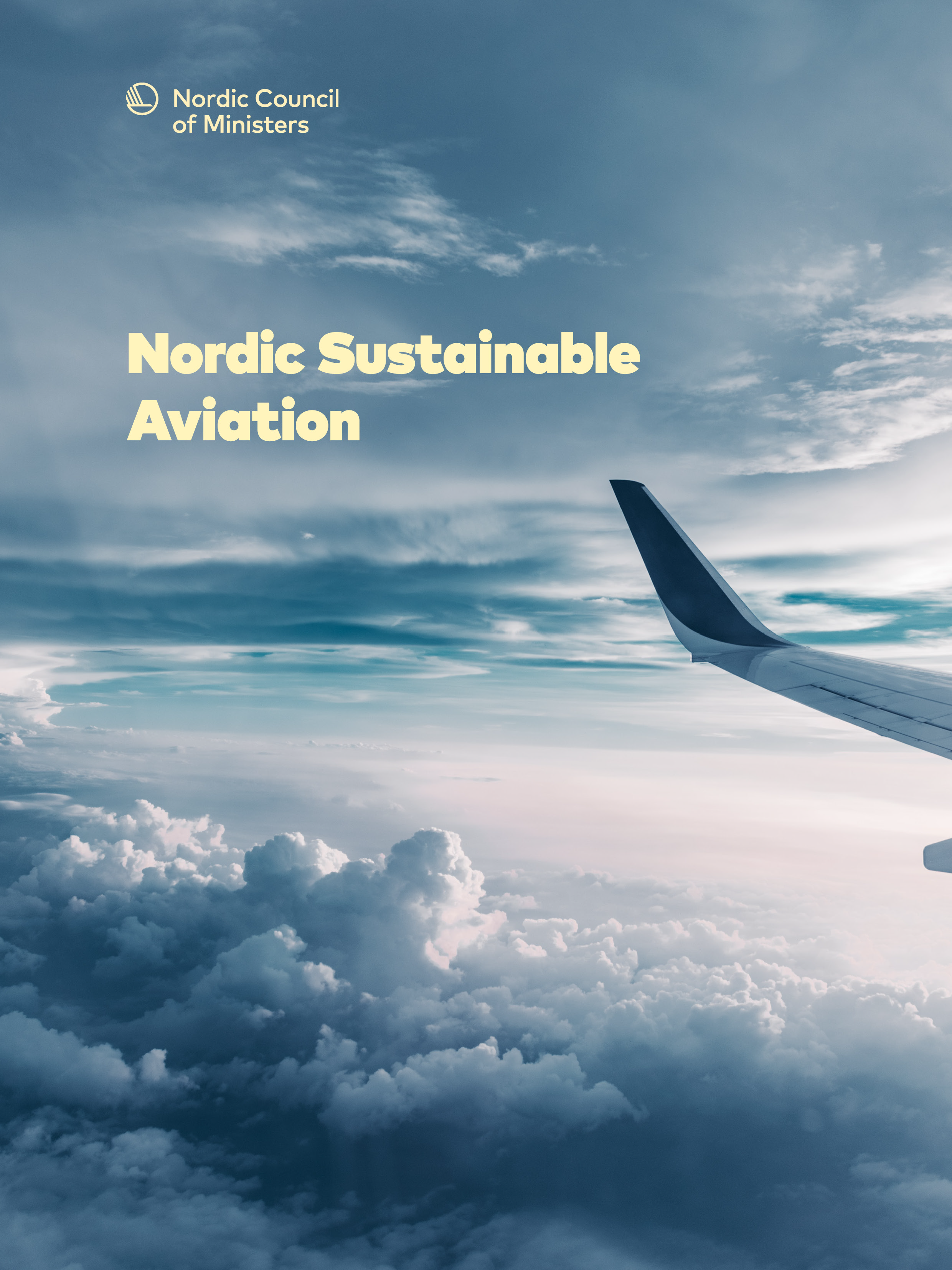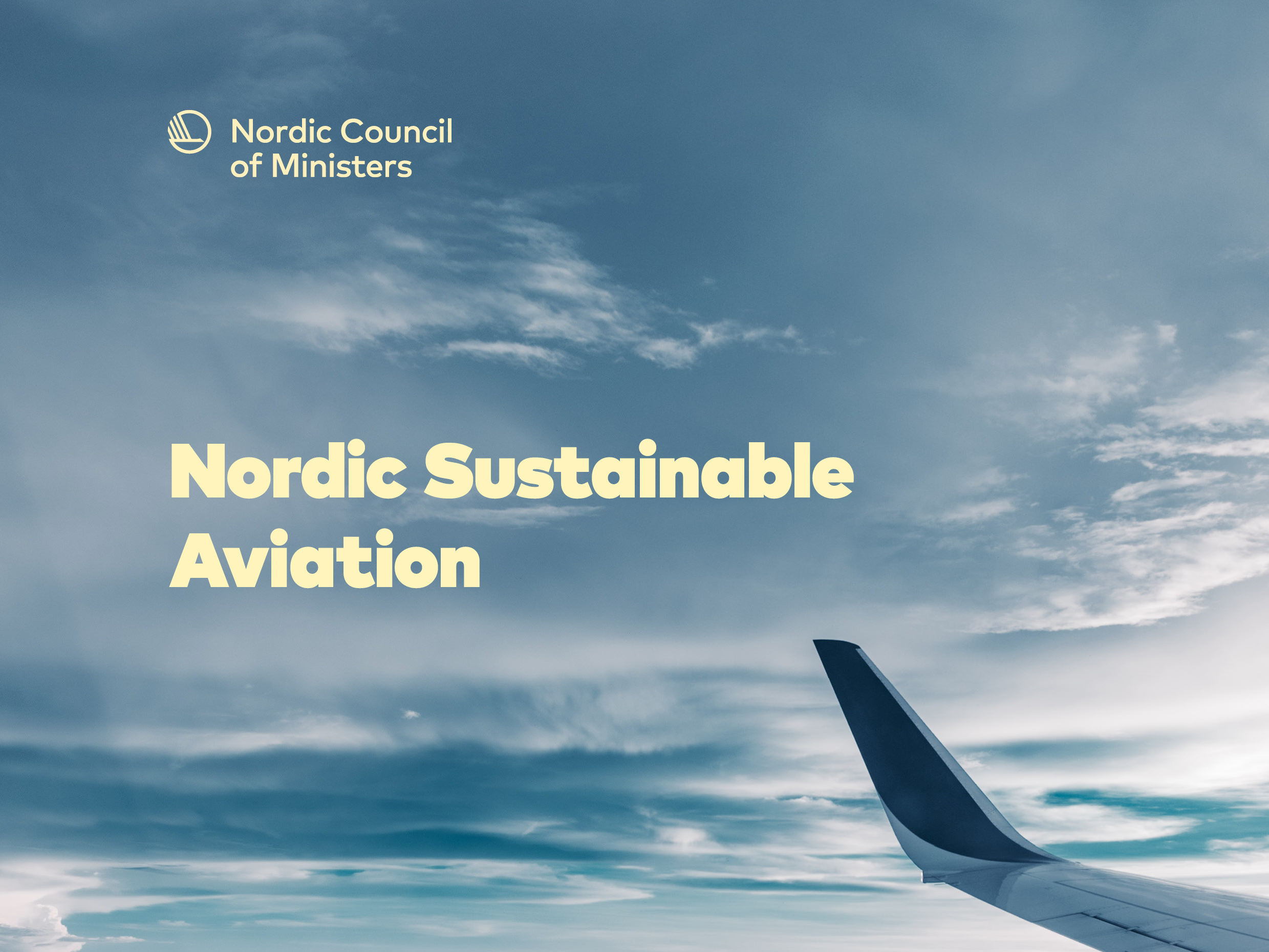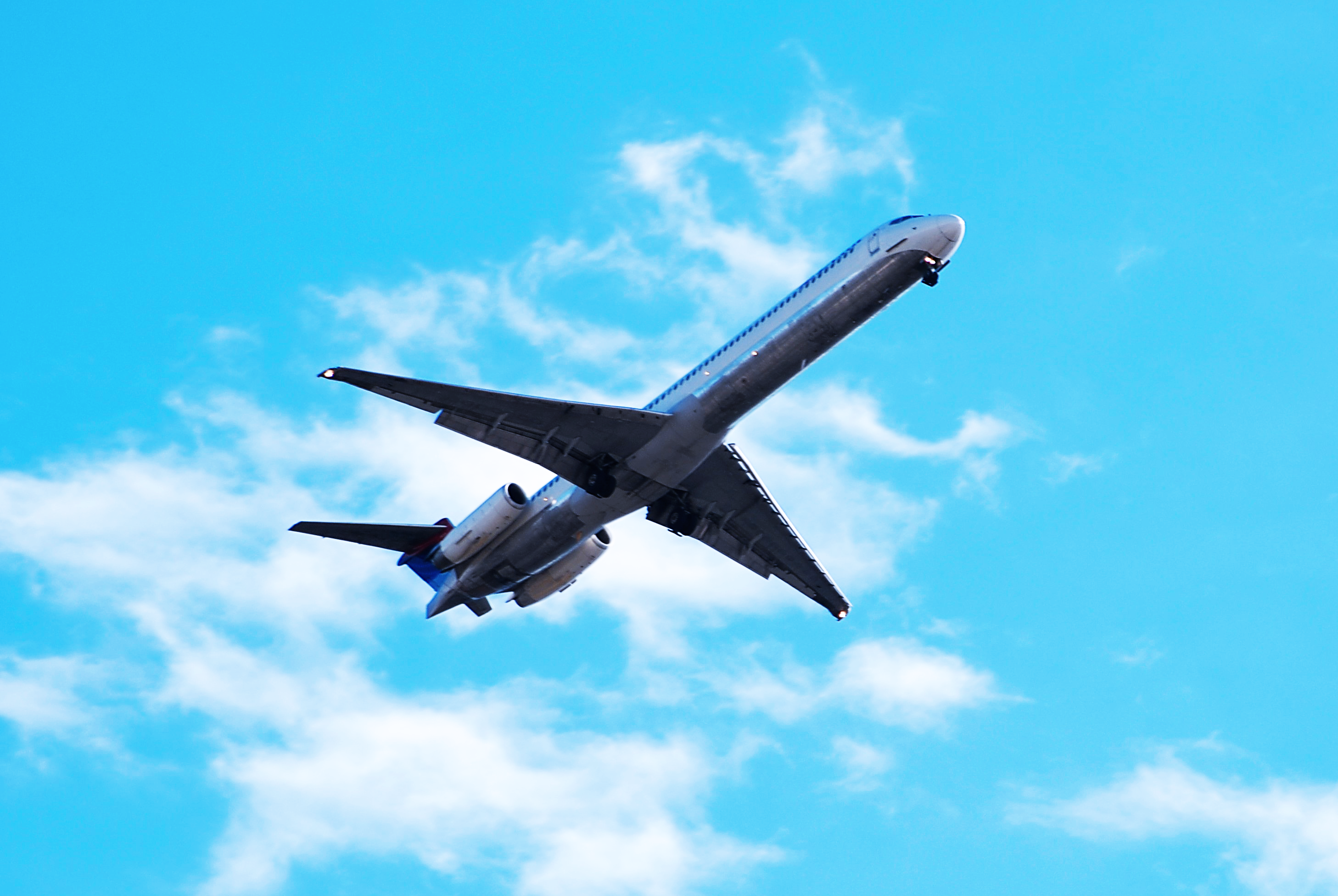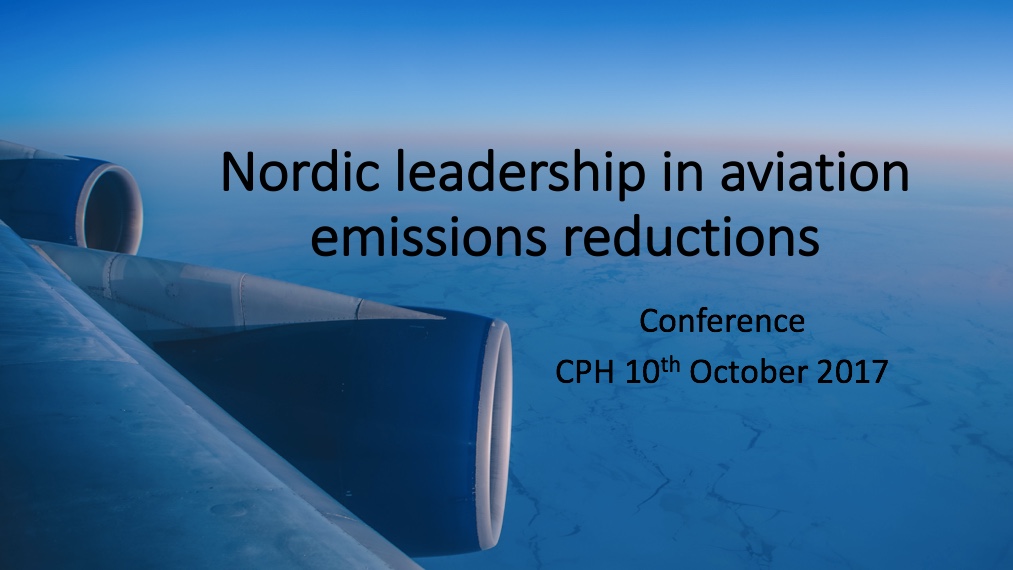8 search results
Query: "airline"

Meet Nordic Energy Challenger Alfred Arnborg
The first of three stages has been completed in the Nordic Energy Challenge 2022. No less than seven candidates succeeded to the second phase. The next step for these promising participants is to submit their final proposals by August 11th. Get to know this year’s challengers, one by one, and their ideas in support of the green transition. One of the applicants is Alfred Arnborg. Name: Alfred ArnborgPosition: MSc International Energy and EconomicsInstitution: Sciences Po, Paris and Stockholm School of…

Nordic sustainable aviation – skymiles ahead?
Can one region influence the global aviation industry? The Nordic countries have serious ambitions to reduce the carbon footprint of flying and hope to pilot others towards fossil free and guiltfree air travel. Find out more on this subject, when Nordic Energy Research and Nordic Innovation are organizing an event on environmentally and socially sustainable aviation at COP26. Time and place On November 8 at 09.15–10.00 (GMT), you are welcome to gain insight into the challenging but crucial plans to…

Common initiatives can make Nordic aviation significantly more sustainable
This is the conclusion of the report “Nordic Sustainable Aviation” - prepared by the Institute of Transport Economics and commissioned by Nordic Energy Research. The report explores challenges and opportunities for a strengthened Nordic cooperation on increasing the sustainability of aviation by 2030, possibly with a knock-on effect in the European aviation industry. The report presents current policy frameworks in each Nordic country and outlines five areas with potential for a common Nordic political approach: 1) a fuel blending mandate…

Invitation to Tender: Nordic Sustainable Aviation
Emissions from aviation accounts for around 3 percent of the EU's total CO2-emissions. According to the European Commission, air transportation is expected to increase by 43 percent in 2030 compared to 2015. In order to achieve climate neutrality and the objectives of the Paris agreement, it is essential that aviation in the long term becomes CO2-neutral. During 2019, the focus on sustainability and climate has been increased in the Nordic Council of Ministers. On 25 January 2019, the Nordic Prime…

Nordic Leadership in Sustainable Aviation Fuels ? Policies – Technology options, research needs and markets
Making Nordic aviation sustainable On 20th November 2018, Nordic Energy Research (NER), Nordic Initiative for Sustainable Aviation (NISA) and Danish Technical University (DTU) organised a workshop at Nordens Hus in Copenhagen to explore policies, technology needs and market development. 60 people from the aviation industry (airline, fuel producers and airports), Nordic aviation administrators and researchers shared their perspectives. This is the last Nordic aviation meeting co-organised by NISA and NER. The point of departure for this program was a meta-study…

Look to the Nordics for aviation emission reductions!
Nordic Energy Research (NER) together with Nordic Initiative for Sustainable Aviation (NISA) hosted this conference to explore how various initiatives and policy frameworks can enable increased use of sustainable jet fuels. Presentations: Introduction Svend Søyland, Senior Adviser Nordic Energy Research Sustainable fuels and the Norwegian Transport Plan, Tove Kristin Flølo, Director General, Ministry of Transportation, Norway. Aviation biofuels and state aid regulations Fabian Kaisen, ESA Deputy Director EFTA Surveillance Authority. Proposal for a Norwegian CO2 Fund, Torbjørn Lothe, CEO, Federation of Norwegian Aviation Industries. Market driven…

High-level conference on sustainable aviation, Copenhagen 10th October
Date/Time: 10th October 2017, 9:30 – 16:00 Venue: Copenhagen Airport, Denmark Capacity: 100 people. Free-of-Charge. Conference Language: English Programme. Why this Conference? The aviation industry aims to stabilise CO2 emissions at 2020 levels and requiring airlines to offset the growth of their emissions after 2020. One of the measures required is increasing the use of sustainable jet fuel. Development, production and supply of sustainable jet fuel involves many sectors and actors. There is a need to think across both ministries, business models and national borders…

Nordic leadership in aviation emissions reductions
Date/Time: 10th October 2017, 9:30 – 16:00 Venue: Copenhagen Airport, Denmark Capacity: 100 people. Free-of-Charge. Conference Language: English Programme here. Why this Conference? The aviation industry aims to stabilise CO2 emissions at 2020 levels and requiring airlines to offset the growth of their emissions after 2020. One of the measures required is increasing the use of sustainable jet fuel. Development, production and supply of sustainable jet fuel involves many sectors and actors. There is a need to think across both ministries, business models and national…
